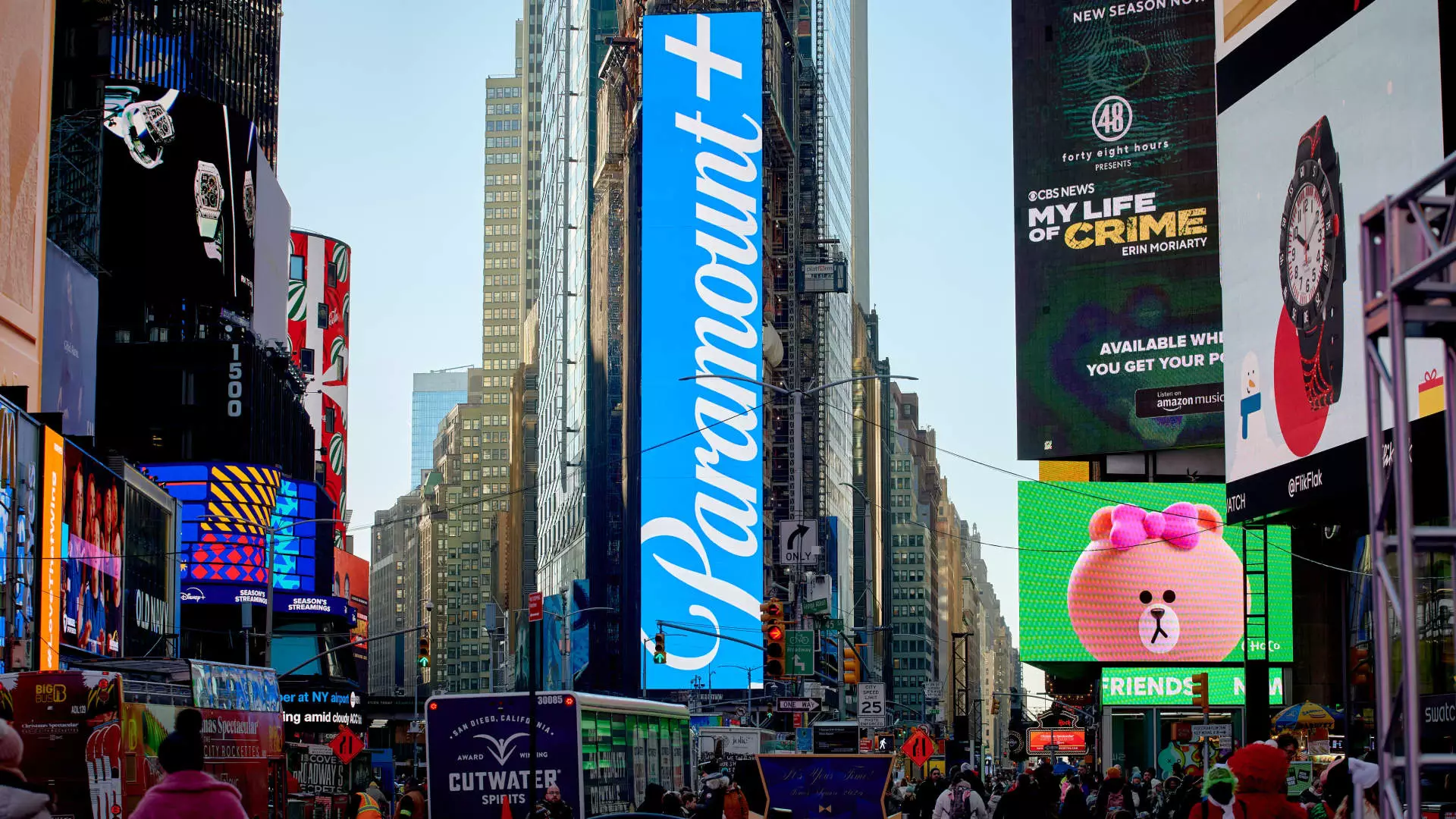The ongoing push for media consolidation, exemplified by David Ellison’s aggressive expansion strategy, is a double-edged sword that threatens the very fabric of a vibrant and diverse cultural landscape. When industry leaders seek to acquire immense media empires—amassing assets from Warner Bros. Discovery and Paramount—they pursue dominance at the expense of competition. This monopolistic tendency risks creating an environment where a handful of conglomerates control the majority of cultural narratives and entertainment content, stifling creative innovation and marginalizing independent voices. Artistic diversity is essential for a healthy society; it fosters multiple perspectives and prevents the homogenization of stories that can lead to cultural stagnation.
In consolidating such enormous portfolios of intellectual properties—be it the DC superhero universe, Harry Potter, or iconic franchises like Transformers and Looney Tunes—the potential for cross-property abuse grows exponentially. When one entity controls so much content, it creates an environment where creativity is secondary to strategic synergy and profit maximization. The danger is that innovative, risk-taking creators may find it increasingly difficult to succeed unless they are aligned with these corporate giants, thereby narrowing the scope of what gets produced and consumed.
The Risk of Overcentralized Power and Reduced Consumer Choice
The market dynamics at play suggest a troubling trajectory toward an entertainment industry where consumer choice could soon be severely compromised. As studios like Warner Bros. Discovery and Paramount seek to wield their combined power to dominate streaming platforms and theatrical markets, smaller competitors are pushed to the peripheries. In the process, viewers face a narrowing of available narratives, with only the “safe bets”—the high-investment blockbuster franchises—being prioritized.
This centralization introduces systemic risks; when a few conglomerates control most of the content, their business decisions—be it the production of franchise sequels, cancellation of niche projects, or strategic shifts—directly impact cultural diversity. Moreover, the monopolistic control over sports rights, as seen with Paramount and Warner Bros. Discovery, further marginalizes independent broadcasters and local content producers. Such concentration is fundamentally at odds with the principles of a fair and open marketplace and can lead to inflated prices and reduced incentives for quality production.
The Financialization of Culture and Its Consequences
While consolidation might be justified by the lure of financial gains, this approach fundamentally commodifies culture. Ellison’s pursuit of mergers and acquisitions reveals a troubling trend: entertainment is increasingly viewed through the lens of big business rather than as a means of fostering societal well-being and cultural enrichment. When decisions are driven predominantly by shareholder profits—often at the expense of meaningful storytelling and social relevance—the industry risks alienating audiences and undermining its societal role.
The mega-alliances built on intellectual property and sports rights are strategic moves designed to secure revenue streams but threaten to turn entertainment into a mere cash cow. This shift away from viewer-focused content toward profitability-focused conglomerates further exacerbates inequality within the industry, privileging blockbuster franchises and sports over innovative, socially conscious projects that might challenge status quo narratives or address pressing societal issues.
A Cautionary Tale for Society at Large
Ultimately, the relentless pursuit of dominance by media titans like Ellison reveals a disturbing trend: the creeping erosion of democratic access to diverse cultural expressions. It exemplifies how corporate greed can threaten the foundations of cultural democracy—where citizens historically had the right to access a wide array of stories, perspectives, and experiences. As these media giants expand, their influence extends beyond entertainment, touching on politics, social issues, and public discourse.
The danger lies not only in market monopoly but in the subtle shaping of societal perceptions and norms. Having control over such vast swathes of cultural and sports content, these corporations wield extraordinary influence over what the public perceives as “normal,” “acceptable,” or “worthy.” This centralization raises profound questions about who controls cultural narratives and how that power is wielded in the service of broader societal interests, rather than corporate profits alone.

